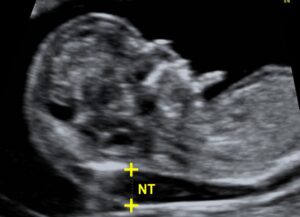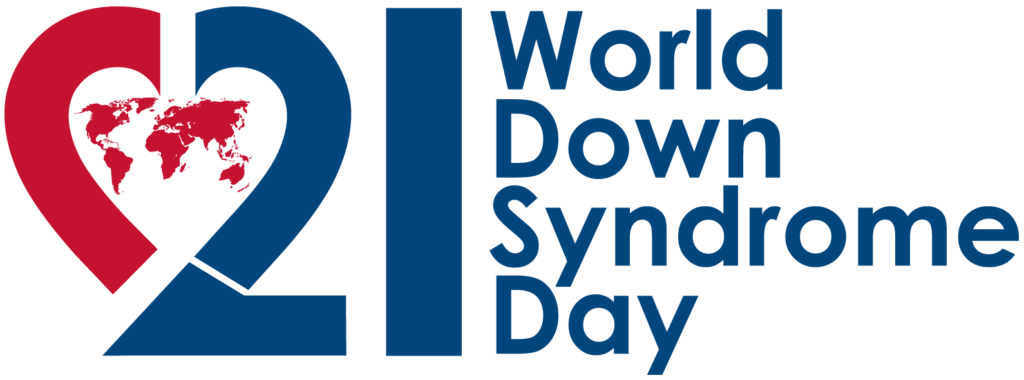
Down’s Syndrome is a genetic condition that can occur at any birth.
Also called trisomy 21, the condition involves a third replicated copy of the 21st chromosome.
India has the highest number of people suffering from Down’s Syndrome in the world (32000/yr).
One of the most prevalent inherited birth diseases, affecting around 1 in every 830 live births
Who is at risk:
The older the mother, the higher the chance for her to have reproductive cells with an abnormal third copy of chromosome 21
Hence the greater chance of having a child with Down’s Syndrome
How Down’s syndrome affects the individual:
Typical craniofacial abnormalities with mild to severe learning difficulties
-greater risk of childhood leukaemia, heart defects and immune and endocrine system dysfunction
-Those with Down’s Syndrome are more prone to Alzheimer’s disease, with an age of onset common at around 40. This is opposed to around 65 in the general population
How to timely detect Down’s Syndrome:
A combination of Ultrasound (1st-trimester anomaly scan/NT-NB scan) & Double marker done at 12-13 weeks of pregnancy -helps identify the likelihood (probability) of down’s syndrome
If probability of down’s syndrome > 1:250, then confirmatory testing needed
Message: Every pregnant woman needs to undergo 1st-trimester anomaly scan with the double marker for risk estimation of down’s syndrome.


LET US HELP YOU BEAR A HEALTHY CHILD
